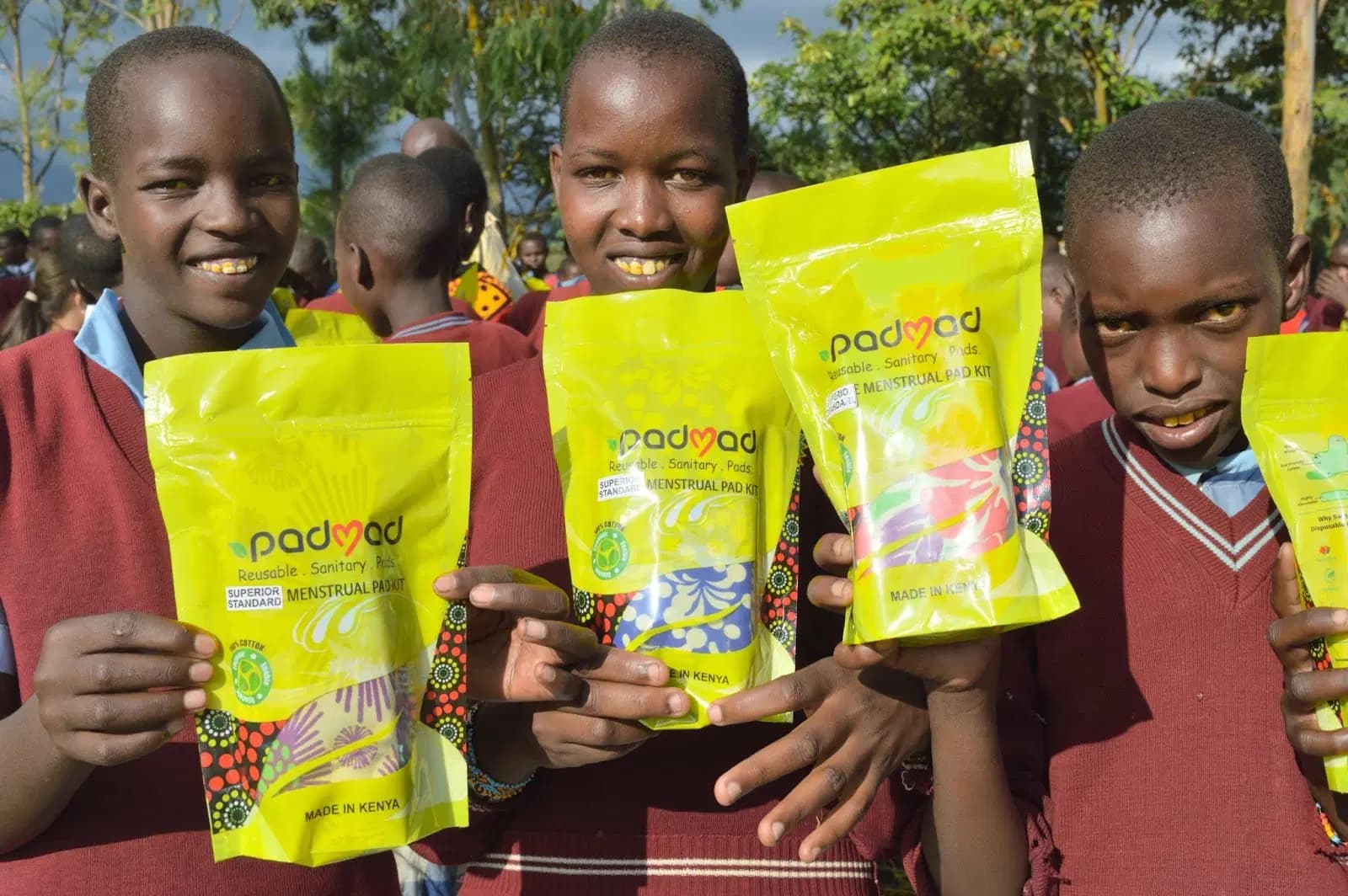We're loading the full news article for you. This includes the article content, images, author information, and related articles.
A new initiative in Turkana West is providing reusable sanitary pads and menstrual health education, aiming to keep girls in school and challenge deep-seated cultural taboos surrounding menstruation in one of Kenya's most arid and impoverished regions.

An initiative introducing reusable sanitary pads and comprehensive menstrual hygiene education is gaining traction in Turkana West, offering a sustainable solution to "period poverty" that has historically forced girls to miss school and rely on unhygienic materials like sand. This intervention, driven by a consortium of non-governmental organizations in partnership with the Turkana County Government, directly confronts the severe challenges of affordability, accessibility, and deep-seated cultural stigma that have long hampered girls' education and well-being in the region.
For generations, menstruation has been a taboo subject in many Turkana communities, leading to harmful traditional practices. Girls and women have reported being isolated, restricted from daily activities like milking livestock, and forced to sit on sand during their periods. The lack of affordable sanitary products has meant many girls stay home from school during menstruation to avoid embarrassment, with studies indicating that up to 65% of women and girls in Kenya cannot afford pads. This absenteeism significantly impacts their academic performance and future opportunities.
International and local organizations are collaborating to tackle this issue head-on. Plan International, in partnership with Swisscontact and UNHCR, is implementing the Climate Proofing Water, Sanitation and Hygiene (WASH) Services Project. This project focuses on providing girls in pastoralist communities, the Kakuma refugee camp, and the Kalobeyei settlement with menstrual health education and "dignity kits" that often include reusable sanitary pads, undergarments, and soap. Pauline Njoroge, a sexual and reproductive health and rights adviser at Plan International, stated their objective is to increase access to health information and services to reduce period poverty, teenage pregnancies, and other harmful practices.
The initiative promotes reusable pads as a cost-effective and sustainable alternative to disposables. A set of reusable pads can cost around KSh 800 and last for up to four years with proper care, a significant saving for families in a region marked by high poverty levels. The program also involves training women to produce, market, and distribute the pads, creating local entrepreneurial opportunities. Gloria Echoto, a 29-year-old single parent from Nakoyo village, now makes and sells reusable pads at her shop in Kakuma town, earning a monthly income and empowering other women.
Despite the program's early successes, significant challenges remain. Water scarcity, a chronic issue in the arid Turkana region, makes it difficult for girls to consistently wash and reuse the pads hygienically. Some schoolgirls have expressed reluctance to use them when water is unavailable at school, forcing them to use unclean water from seasonal rivers. This highlights the need for integrated solutions that also address water and sanitation infrastructure in schools and communities.
The initiative also includes sensitizing boys and men to deconstruct the stigma surrounding menstruation. School health clubs are playing a crucial role in this, with reports of male students becoming more supportive of their female peers. Turkana West Public Health Officer Lumbasi Rapando noted that involving men has been a key factor in the program's progress.
This local effort is part of a broader national conversation. The Kenyan government has a policy to provide free sanitary towels in public schools, though implementation has faced challenges with inconsistent supply, particularly in remote areas like Turkana. According to a 2024 report by Nation Africa, the supply of government-provided pads in Turkana County has been unreliable and uncoordinated. This makes NGO-led initiatives providing sustainable options like reusable pads critically important for bridging the gap and ensuring every girl can manage her menstruation with dignity, stay in school, and pursue her full potential.
Keep the conversation in one place—threads here stay linked to the story and in the forums.
Sign in to start a discussion
Start a conversation about this story and keep it linked here.
Other hot threads
E-sports and Gaming Community in Kenya
Active 9 months ago
The Role of Technology in Modern Agriculture (AgriTech)
Active 9 months ago
Popular Recreational Activities Across Counties
Active 9 months ago
Investing in Youth Sports Development Programs
Active 9 months ago